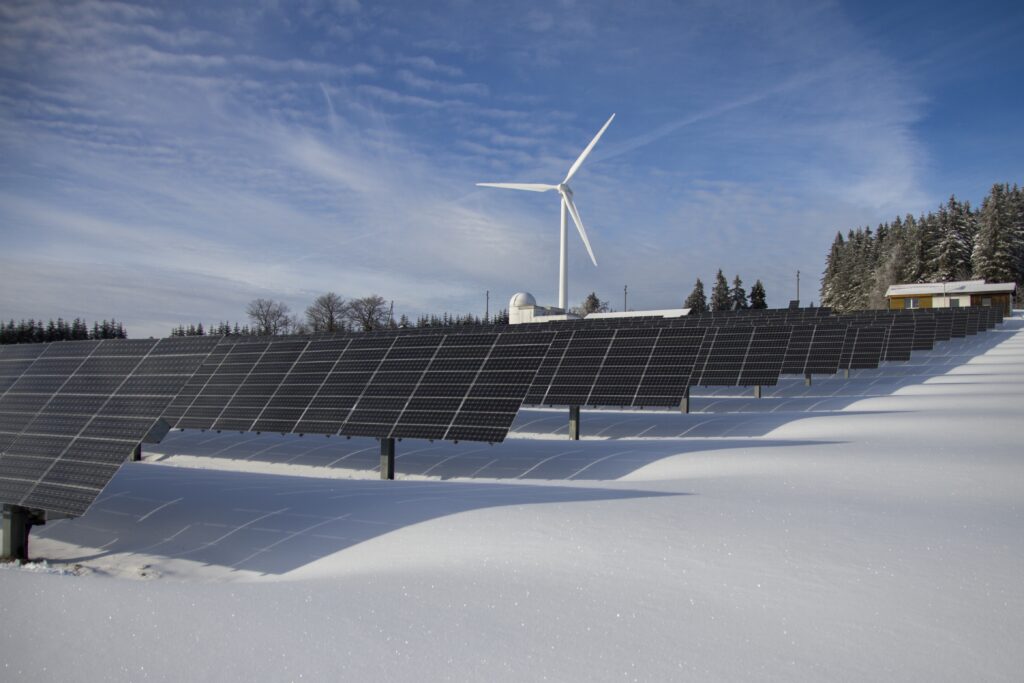
According to figures from the World Economic Forum, over 860 million people living in underdeveloped and developing nations lack reliable energy sources. As Matthew Stone, NextGen Nano’s Chairman points out, decentralisation could hold the key to transforming the global energy industry.
Traditionally energy was produced by burning fossil fuels at industrial plants, distributing power generated via the national grid. A centralised energy system places power firmly in the hands of customers, with numerous distinct disadvantages.
The damaging effects of harvesting and burning fossil fuels are widely reported. Extracting fossil fuels can be an extremely dangerous and environmentally damaging process. Fossil fuels are non-renewable and unsustainable, becoming increasingly expensive as natural stores diminish. Burning fossil fuels has already had a catastrophic effect on our planet, with the harmful particles and greenhouse gasses released contributing to climate change. Pollution created by burning fossil fuels causes significant health problems in humans, releasing heavy metals and toxic particles.
At a traditional power station, energy is generated continuously, irrespective of peaks and troughs in demand. This makes traditional power production far less effective and more polluting. Centralised energy systems are also susceptible to unexpected power failures, making them less reliable.

Decentralised energy relies on small-scale power generating operations sited close to where that energy will be used. Decentralised systems largely rely on renewable sources rather than fossil fuels, significantly decreasing the environmental impact of energy production and reducing reliance on finite resources.
Decentralisation marks a major stepping-stone on the path to independently sourced energy, decreasing reliance on imported resources. A decentralised system shifts power from energy companies to small businesses and consumers, leveraging a shared economy to create a more circular energy system.
Under a decentralised regime, energy could be generated on a much smaller localised scale, for example via wind or solar farms. Recent advancements in organic photovoltaic (OPV) technology accomplished by industry pioneer NextGen Nano have paved the way for rapid decentralisation, aiding the transition to sustainable energy.
Guided by a management team that includes Director of Operations Duncan Clark, NextGen Nano has developed PolyPower, a groundbreaking technology that generates record OPV efficiency, presenting a new generation of flexible, low-profile and transparent OPVs suitable for a variety of applications, opening up new markets such as electric vehicles, drones and planes, and the internet of things.
Decentralisation will make the energy sector more democratic, providing consumers with increased autonomy over energy usage and generation. Innovations such as those achieved by NextGen Nano will play an instrumental role in the transition from fossil fuels to renewable energy sources, unlocking the potential of developing economies and making the global energy industry not just more people-orientated, but more environmentally friendly.
P.S: – Would you like to learn about regenerative and sustainable ways to produce food? Join our EAT FREE Community, where you can find plenty of online learning resources, including live webinars. EAT Community is where you can make some money, making the planet better!
Related Articles and Resources:
- 7 Types of Urban Pollution That Everyone Ought to Know
- Stop Paying Your Electric Bills – Build Your Own Power Generator
- 5 Alternatives to fossil fuels – Renewable Energy Sources of Today



